Why gun violence has soared in US cities
Coronavirus frustration, firearms sales increases and George Floyd protests among reasons for hike
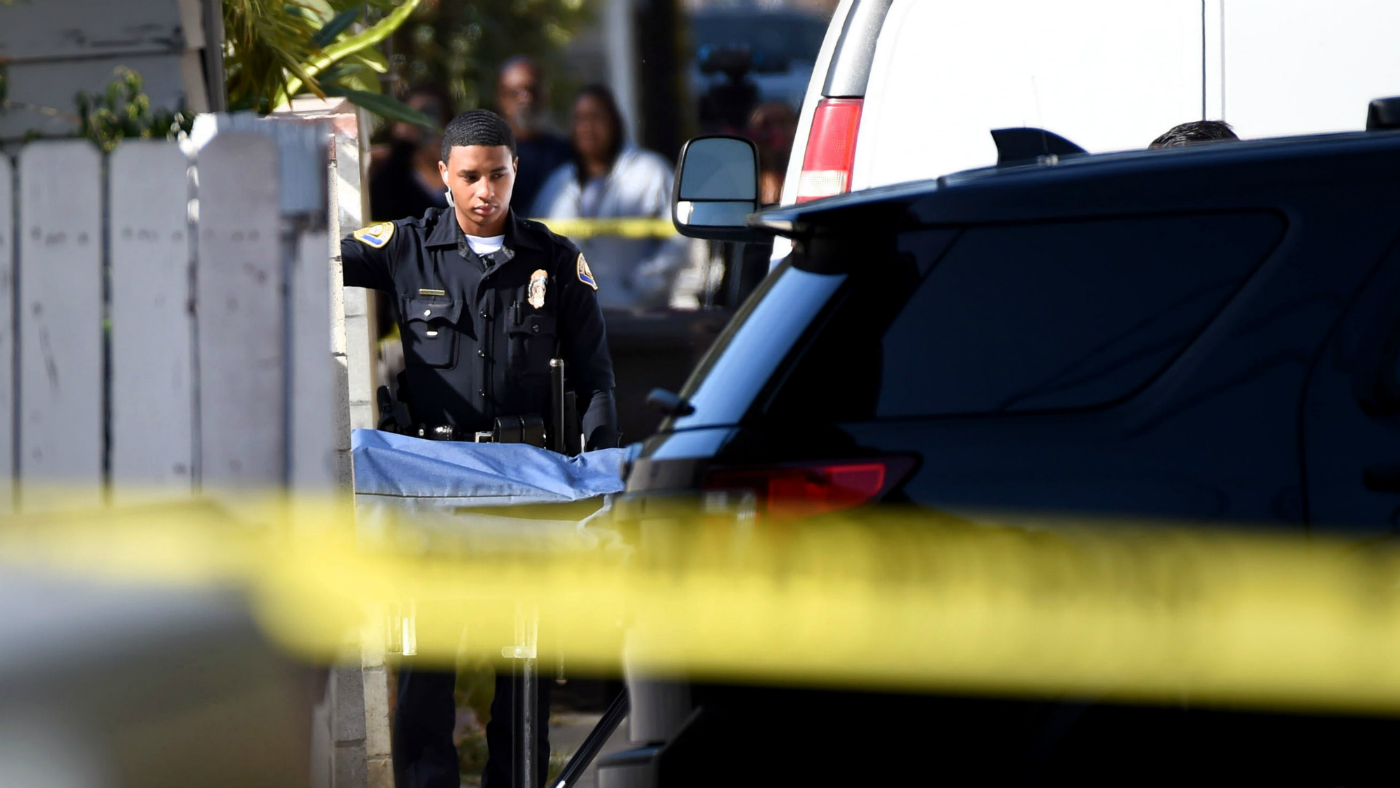
A free daily email with the biggest news stories of the day – and the best features from TheWeek.com
You are now subscribed
Your newsletter sign-up was successful
As the US continues to battle the coronavirus pandemic, many American cities are also facing another major threat - a surge in violent crime.
According to new data from the Council on Criminal Justice (CCJ) think tank, recorded rates of aggravated assault and gun assault have rocketed in recent months. And “from May to June 2020, homicides in 20 major US cities increased by 37%” year-on-year, reports CNN.
Gun crime, in particular, has proved a major scourge across the country: according to NBC New York, shooting incidents in the city over the past four weeks have been nearly three times higher than during the same period last year.
The Week
Escape your echo chamber. Get the facts behind the news, plus analysis from multiple perspectives.

Sign up for The Week's Free Newsletters
From our morning news briefing to a weekly Good News Newsletter, get the best of The Week delivered directly to your inbox.
From our morning news briefing to a weekly Good News Newsletter, get the best of The Week delivered directly to your inbox.
What do the official figures say?
At the start of August, The Wall Street Journal published an analysis of crime statistics for the nation’s 50 largest cities which found that reported homicides had risen by 24% year-on-year to 3,612. Although levels of violent crimes such as robbery declined, the data showed significant rise in shootings and gun violence.
Yesterday morning, Chicago Police announced that nearly 30 people had been shot and three people killed in the city over the weekend, reports CNN. In New York City, more than 40 people were shot in a 48-hour period.
And in the Ohio city of Cincinnati, at least 18 people were shot - four fatally - on Saturday night alone, according to Reuters. Cincinnati Mayor John Cranley condemned the “senseless gun violence that ruined lives and will cause immeasurable suffering” at a time when citizens are already facing “unprecedented circumstances and challenges”.
A free daily email with the biggest news stories of the day – and the best features from TheWeek.com
Cranley “said the city had seen an uptick in cases as people gather in private homes and public places when the bars close”, the news agency reports.
“Guns are far too prevalent at these gatherings. Please do not attend gatherings because you could end up as an innocent victim,” he added.
What’s driving this upward trend?
“Bill de Blasio, mayor of New York, and Dermot Shea, New York City police commissioner, have blamed multiple reasons for the rise in violence, including court delays, gang crime and frustration after the coronavirus lockdown,” reports The Times.
Vox agrees that it has been “a very unusual year with the coronavirus pandemic”, which “makes it difficult to say what, exactly, is happening with crime rates”.
“The current year, 2020, is an extreme deviation from baseline - extreme,” Tracey Meares, founding director at the Justice Collaboratory at Yale Law School, told the news and opinion site.
But what is clear is that the increases in violent crime coincide with the “end of pandemic-related shutdowns, mass unemployment due to the pandemic, protests condemning police violence against black people, and the summer, when crime annually increases”, adds CNN.
Vox says that the nationwide protests over the police killing of George Floyd in Minneapolis in May “could’ve had a range of effects, from officers pulling back from their duties to greater community distrust in police, leading to more unchecked violence”.
Experts have also cited “a huge increase in gun purchases this year”, the site continues. “Still others posit boredom and social displacement as a result of physical distancing leading people to cause more trouble.”
But regardless of the exact reasons, the seeming link to coronavirus “offers a bit of good news: it’s possible that the end of the pandemic will come and homicide rates will fall again”.
-
 Political cartoons for February 15
Political cartoons for February 15Cartoons Sunday's political cartoons include political ventriloquism, Europe in the middle, and more
-
 The broken water companies failing England and Wales
The broken water companies failing England and WalesExplainer With rising bills, deteriorating river health and a lack of investment, regulators face an uphill battle to stabilise the industry
-
 A thrilling foodie city in northern Japan
A thrilling foodie city in northern JapanThe Week Recommends The food scene here is ‘unspoilt’ and ‘fun’
-
 Crime: Why murder rates are plummeting
Crime: Why murder rates are plummetingFeature Despite public fears, murder rates have dropped nationwide for the third year in a row
-
 Anti-vaxxers accused of targeting TV stars’ homes
Anti-vaxxers accused of targeting TV stars’ homesIn the Spotlight Campaigners have served presenters and pundits with ‘bogus’ legal documents
-
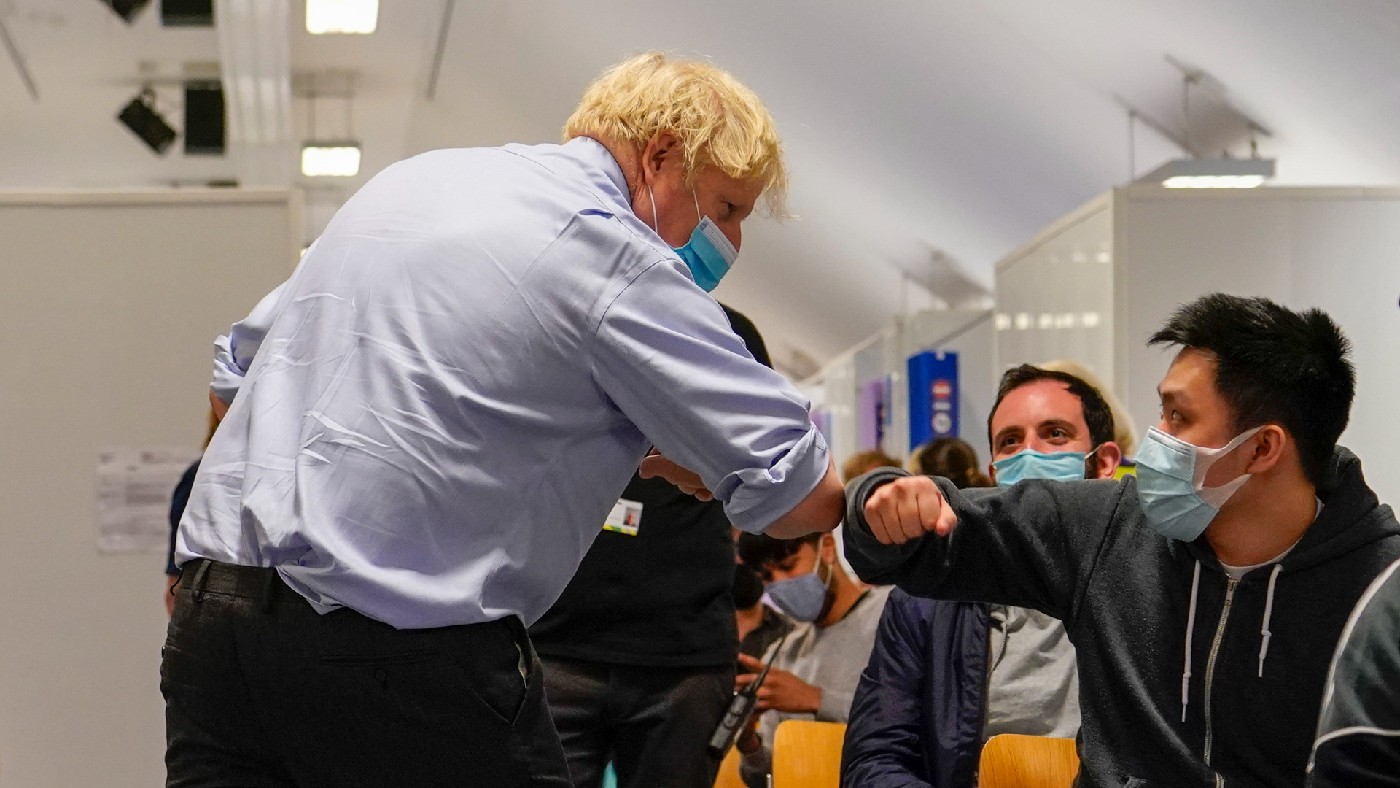 ‘We are undertaking a mass experiment that could undo the gains made through vaccines’
‘We are undertaking a mass experiment that could undo the gains made through vaccines’Instant Opinion Your digest of analysis and commentary from the British and international press
-
 Scotland to hold trials in cinemas with socially distanced juries
Scotland to hold trials in cinemas with socially distanced juriesSpeed Read Experts have described the plan as ‘bold and imaginative’ as case backlog continues to grow
-
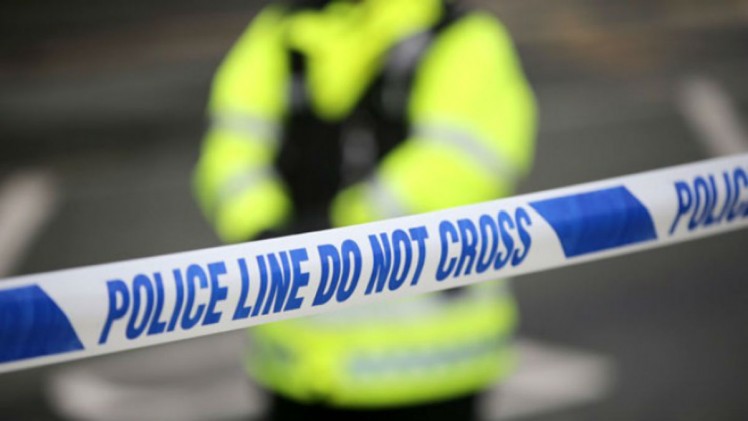 Social ills: how coronavirus is feeding an organised crime pandemic
Social ills: how coronavirus is feeding an organised crime pandemicIn Depth Lockdown panic buying has seen drugs become the ‘toilet rolls of Britain’s criminal world’
-
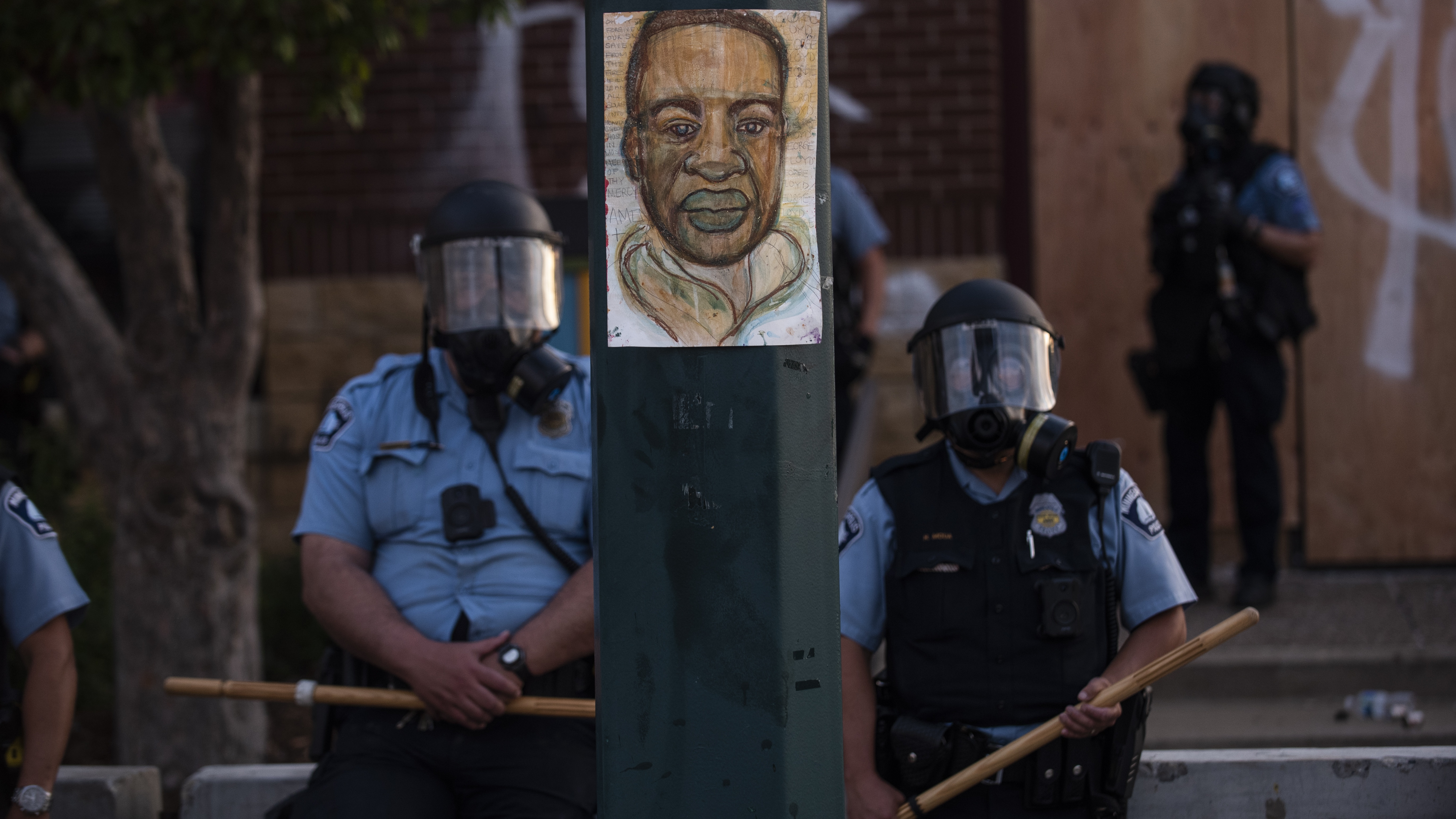 Autopsy report reveals George Floyd had coronavirus
Autopsy report reveals George Floyd had coronavirusSpeed Read Covid-19 listed under ‘other significant conditions’ but unrelated to the cause of death
-
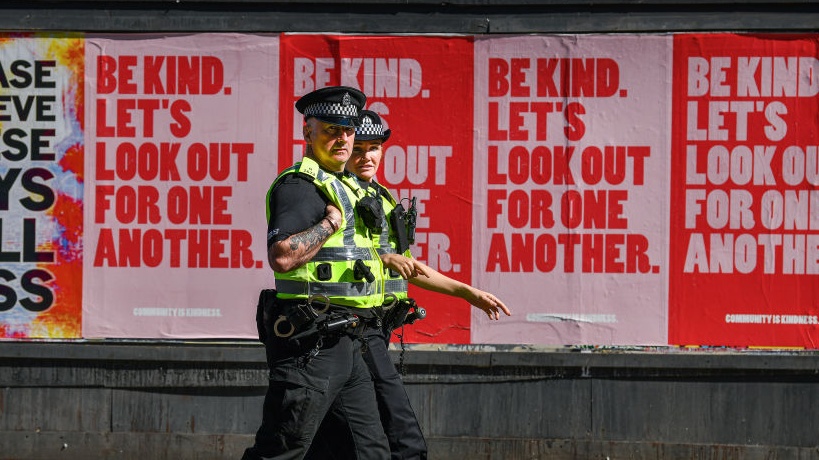 ‘Weaponising Covid-19’: police warn of coughing and spitting attacks
‘Weaponising Covid-19’: police warn of coughing and spitting attacksSpeed Read Calls for tougher laws following death of railway employee as front-line workers are targeted
-
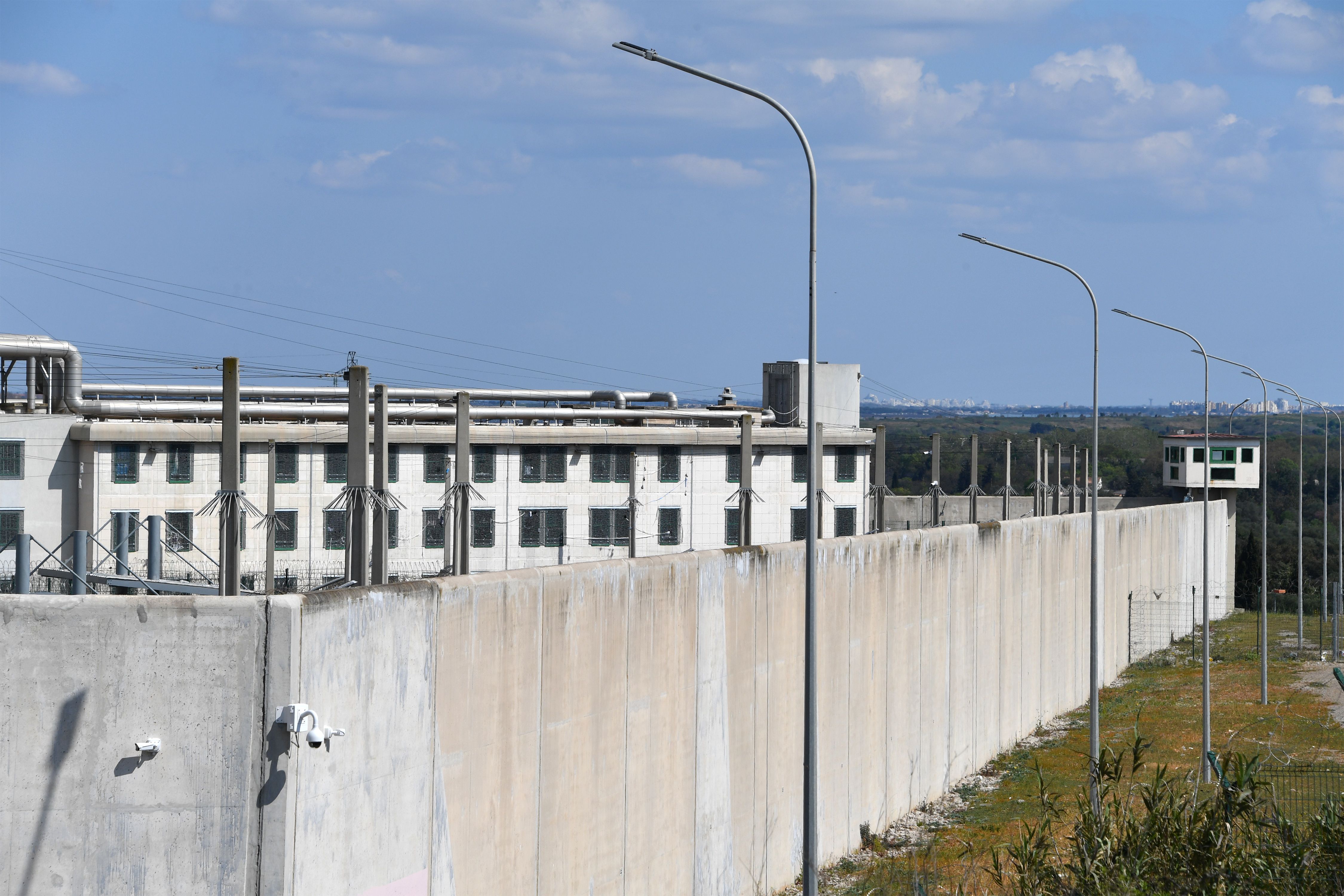 Coronavirus: what should prisons do?
Coronavirus: what should prisons do?In Depth Jail conditions make disease control impractical, and many countries are releasing inmates to avoid mass coronavirus infections